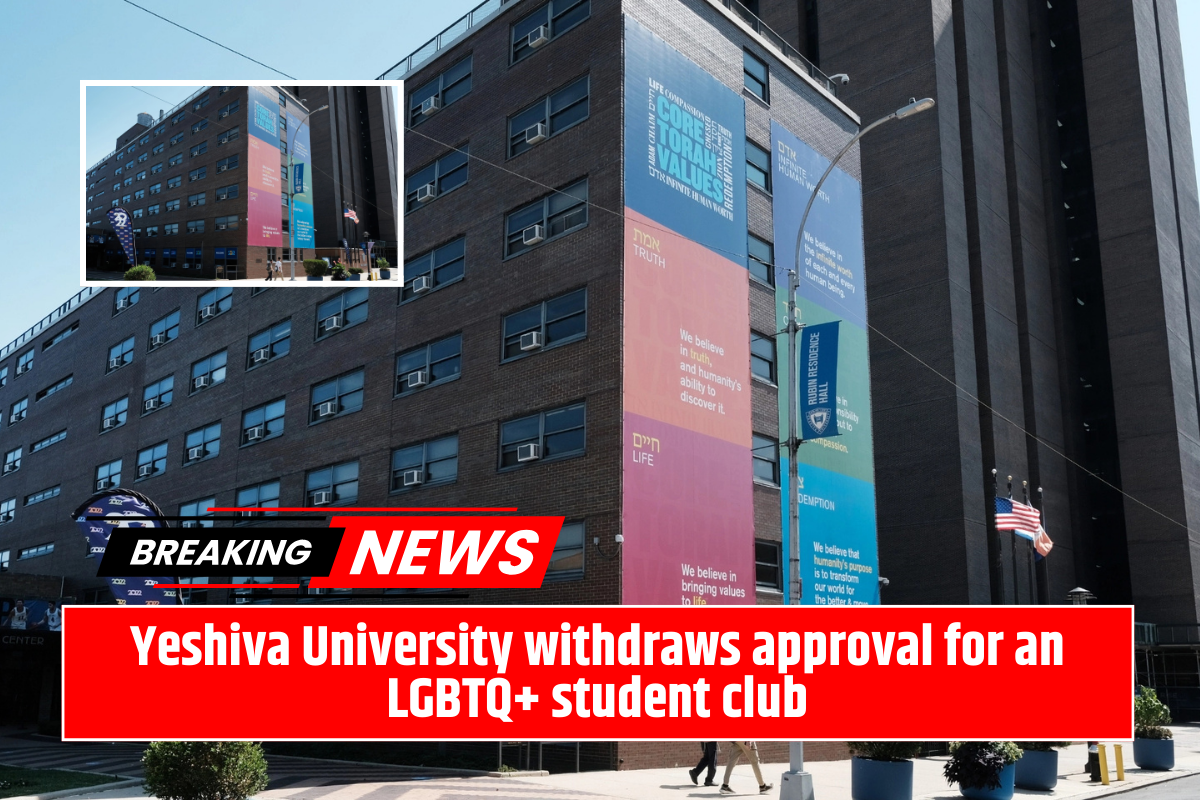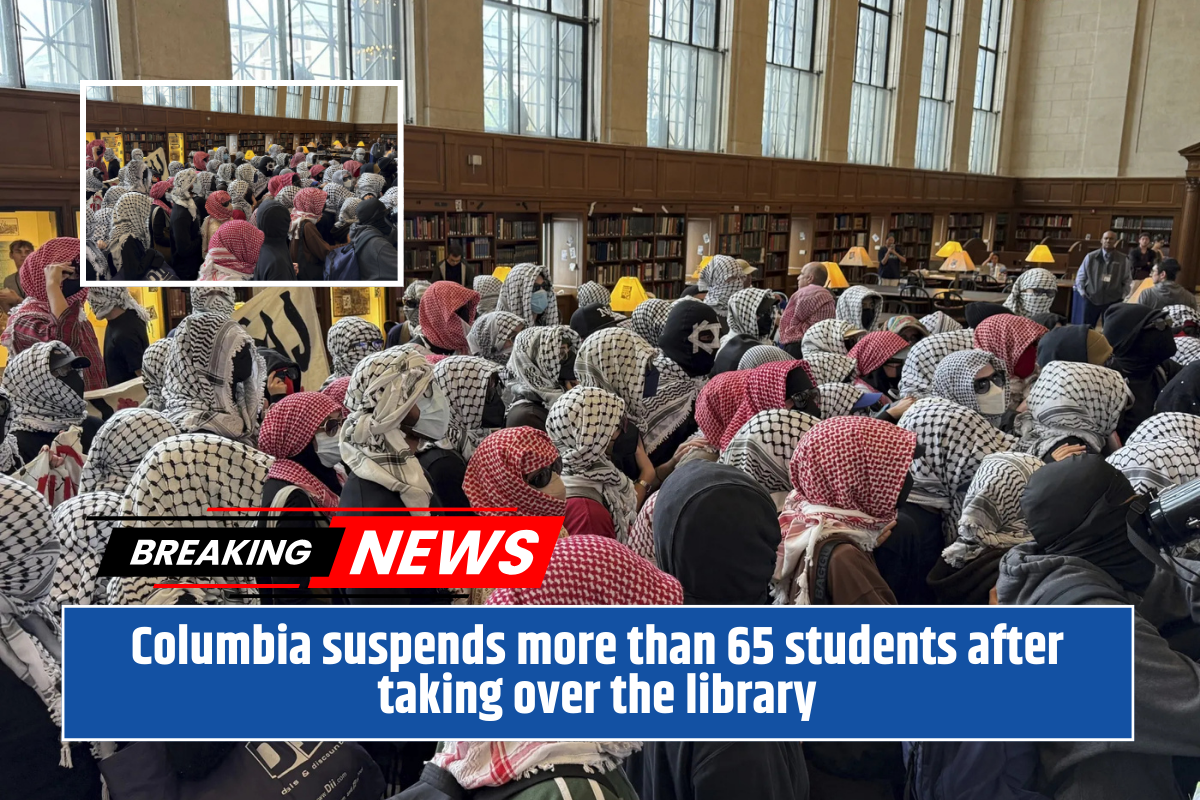Yeshiva University has once again found itself at the centre of controversy after it withdrew approval for an LGBTQ+ student club named Hareni — just two months after giving it official recognition. The decision has reignited debate over LGBTQ+ inclusion within religious institutions and raised questions about the university’s handling of the issue.
Club Approval Marked a Major Shift
In March 2024, Yeshiva University approved the formation of Hareni, a student-led LGBTQ+ support group. This decision followed years of legal battles, especially over a previously unapproved group called the Pride Alliance. The move was seen as a breakthrough in balancing Orthodox Jewish values with the need to support LGBTQ+ students.
However, the approval came with strict guidelines, including language around sexual morality, which the university required the club to use in its materials. The aim, according to school officials, was to ensure the group aligned with Jewish halachic values (Jewish law).
Tensions Resurface After Public Statements
Almost immediately after Hareni was formed, top Y.U. leaders began to express discomfort. University president Rabbi Ari Berman called the values of most pride clubs “antithetical” to Yeshiva’s Torah principles. Rabbi Hershel Schachter, a senior religious authority at the university, openly rejected what he described as LGBTQ “lifestyles.”
Last week, the school announced that Hareni was being shut down for allegedly violating the terms of the settlement. The university claimed the club had misused the Yeshiva name, failed to use approved disclaimers in materials, and promoted events that went against the original agreement.
Student Leaders Disagree
Hareni leaders strongly denied the claims. In a published op-ed, co-presidents Hayley Goldberg and Schneur Friedman said that they followed the guidelines and refused to print a statement that they felt reduced LGBTQ+ identities to a single issue: sexual behavior.
They explained that requiring such disclaimers misrepresented the students’ identities and ignored their character, community contributions, and spiritual journeys.
Club Vows to Continue Unofficially
Despite the ban, Hareni leaders say they will continue their activities without official university support. In a statement, the club said it has always operated respectfully within Jewish law and intends to keep creating safe spaces for LGBTQ+ students on campus — even if unofficial.
The group’s response shows that the fight for recognition and dignity isn’t over, even if the official club is gone.
Broader Response From LGBTQ+ Advocates
Rachael Fried, executive director of Jewish Queer Youth and a Y.U. alum, expressed disappointment over the university’s move. She praised the students’ courage and criticized religious leaders for failing to support vulnerable students.
According to Fried, “The idea that Pride and Torah cannot exist together is simply not true.
The situation at Yeshiva University highlights the ongoing struggle between tradition and inclusion. While the university insists on upholding Torah values, LGBTQ+ students say they are only asking for safe spaces, understanding, and recognition as full members of the community. With the club now unofficial, the larger conversation about LGBTQ+ rights within religious institutions is far from over.







